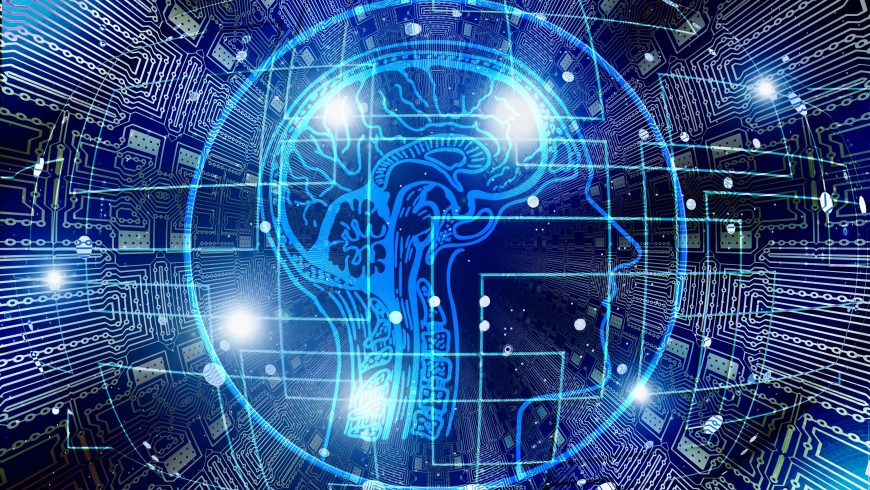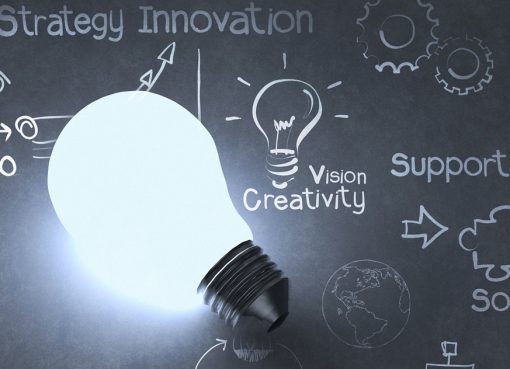The latest advancement in Artificial Intelligence (AI) technology is rapidly trickling down diverse fields of application transforming the landscape of human activities and day-to-day life, which is supposed have profound implications for the future of humanity. Artificial Intelligence offers tremendous potential to enhance various aspects of life, from healthcare and education to agriculture, transportation and entertainment. However, there are lot of challenges and ethical perspectives connected to the application of AI and the impact thereof.
It is now increasingly realized that AI can transform healthcare systems through introduction of advanced diagnostics, personalized medicine, and robust healthcare management systems. For accurate analysis and correct interpretation of vast amounts of medical data AI-powered tools can be very helpful in terms of their utility in diagnoses and development of effective therapeutic strategy, leading to better patient outcomes.
AI can offer opportunity to develop educational contents as per the need of individual students thereby providing personalized learning experiences ensuring better learning. AI-based tools like ChatGPT have already brought great opportunities for need-based content development for educational purposes. However, such tools generate contents sourcing from various online and offline publications many of which are copyrighted. Hence, there is a question of plagiarism and copyright violation if the AI-generated contents are used without acknowledgment and credit given to the original source. It is a growing global concern in academics and literature.
Application of AI-based tools can lead to process automation in industries, transportation, communication, agriculture and many other sectors which has the potential of transforming the sectors through increased productivity and generating rapid output with the possibility of increased profitability. It may also open new opportunities for employment in several sectors. AI-based devices and products can assist in transforming our daily life through use of high-performance devices, tools and virtual assistants thereby ensuring enhanced efficiency and ability to solve critical problems at ease.
However, several ethical issues pertaining to privacy, bias, and decision-making are associated with the application of AI in various sectors. To avoid discrimination and misuse, it is important to ensure transparency and accountability in the application of AI. Misuse of AI must be prevented so as to protect human rights from undesired breaches through cyberattacks and malicious designs of unscrupulous elements. It is essential to develop stringent regulations in order to mitigate these risks and ensure safety and security. Another important threat of AI applications is the possibility of widening the divide between haves and have nots unless accessibility of all sections of the society to AI-driven opportunities are ensured by the policy makers and regulatory authorities.
The future of humanity will certainly be greatly impacted by the latest advancements in AI technology. The robust AI-driven systems and applications are poised to transform not only our daily life but also have the potential to have significant impact on the social structure and thereby may have serious implications for the humanity as a whole. At global, regional and national levels, integrated collaborative efforts must be initiated by policy makers, scientists, social activists and other stakeholders to imperiously regulate the potential applications of AI to avoid their deleterious effects and to ensure safety, security and sustainability in future. At the same time, ethical concerns associated with AI application must be carefully addressed through continuous dialogues at various levels.




